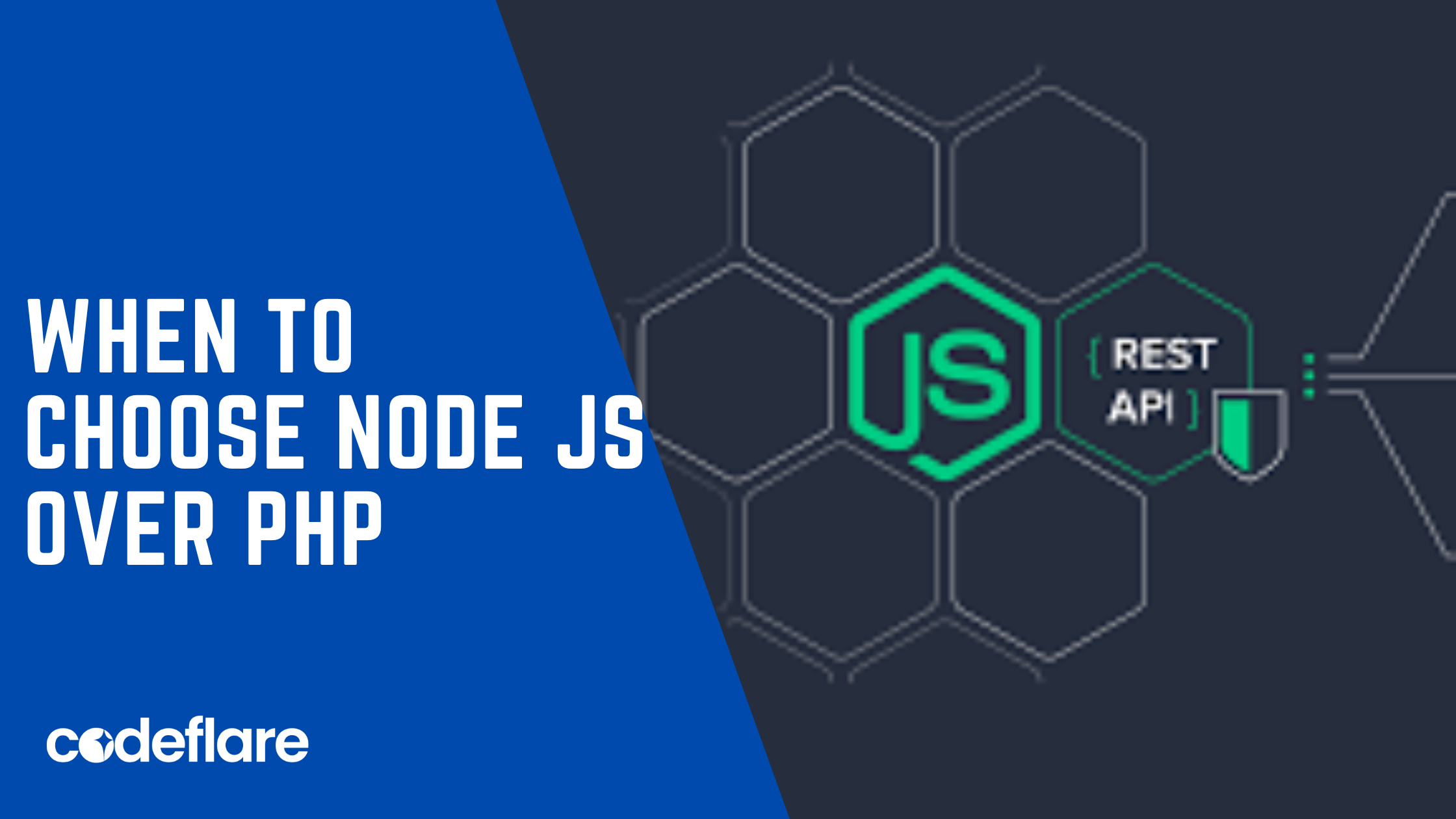Node.js and PHP are both popular server-side options with unique attributes. Knowing when to opt for either can significantly influence project outcomes. This article delves into factors for deciding between them and offers guidance on their optimal usage. Node.js vs PHP: when to choose? let’s find out!
- Performance:
- Node.js boasts a non-blocking, event-driven architecture, enabling it to efficiently handle numerous concurrent connections. It excels in scenarios necessitating real-time updates and high-performance applications, including chat applications, gaming platforms, and streaming services.
- PHP traditionally operates synchronously and blocking, potentially causing performance issues in applications experiencing high traffic or requiring complex processing. However, PHP can still deliver satisfactory performance for smaller-scale applications or when integrated with caching mechanisms.
- Scalability:
- Node.js: Due to its lightweight and efficient architecture, Node.js is highly scalable and can easily handle horizontal scaling by adding more instances or nodes to distribute the workload. It’s well-suited for microservices architectures and cloud-native applications.
- PHP: PHP applications can also be scaled horizontally, but they may require additional infrastructure and optimization efforts compared to Node.js. PHP frameworks like Laravel offer tools for managing scalability, but they may not be as flexible as Node.js in certain scenarios.
- Real-time Applications:
- Node.js: Node.js shines in real-time applications that require bidirectional communication between the client and server, such as chat applications, collaborative editing tools, and multiplayer games. Its event-driven nature and support for WebSockets make it an ideal choice for building responsive and interactive experiences.
- PHP: While PHP can handle real-time functionality to some extent using techniques like long-polling or server-sent events, it may not be as efficient or scalable as Node.js for these types of applications. PHP frameworks like Symfony or Yii offer some support for real-time features, but they may require additional setup and configuration.
- Development Speed:
- Node.js: Node.js offers a streamlined development experience, especially for full-stack JavaScript developers who can use the same language and ecosystem on both the client and server sides. Its lightweight runtime and package management system (npm) allow for rapid prototyping and iteration.
- PHP: PHP has a mature ecosystem of frameworks and libraries that can accelerate development, particularly for traditional web applications and content management systems (CMS). PHP frameworks like Laravel or Symfony provide robust features out of the box and promote code reusability and maintainability.
Conclusion:
Choosing between Node.js and PHP depends on various factors, including performance requirements, scalability needs, application type, and development team expertise. While Node.js excels in real-time applications and high-performance scenarios, PHP remains a solid choice for traditional web development and content-driven websites. Ultimately, the decision should be based on careful consideration of your project’s goals, constraints, and technical requirements. Consider “node.js vs php: when to choose” when making this decision.
How to create Neumorphism effect with CSS


